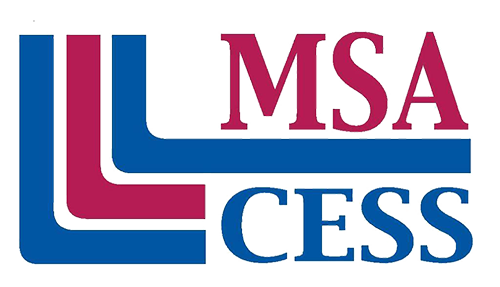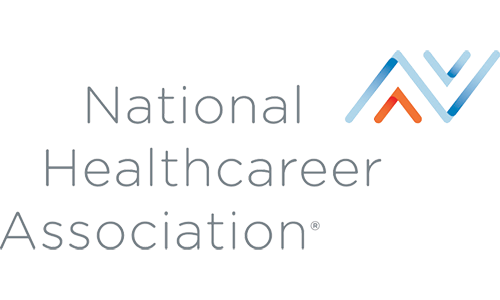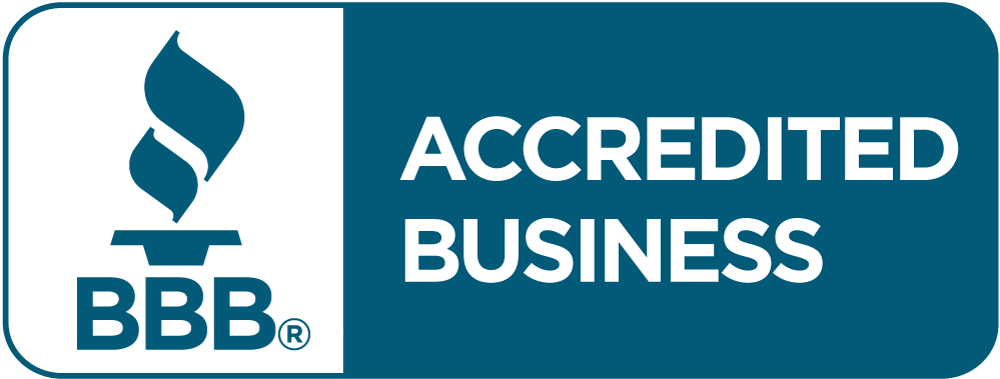Students interested in becoming Medical Assistants are often curious about what the work schedule will be like. Medical Assistants in New Jersey typically work full-time hours, which means they usually work about 40 hours per week. However, the number of hours can vary based on the employer and the specific job setting. Some Medical Assistants may work part-time, which could range from 20 to 30 hours per week. Medical Assistants in certain settings, such as hospitals or clinics with extended hours, might work evening or weekend shifts.
Read on for a detailed breakdown of a Medical Assistant’s typical schedule.
What Is The Typical Work Schedule For A Medical Assistant?
While the work schedule for a Medical Assistant can vary depending on the employer and the healthcare setting, here is an example overview of common work schedules:
- Full-Time Schedule:
- Hours: Usually around 40 hours per week.
- Days: Typically Monday through Friday.
- Shifts: Generally, 8-hour shifts, often starting between 7:00 AM and 9:00 AM and ending between 3:00 PM and 5:00 PM.
- Part-Time Schedule:
- Hours: Can range from 20 to 30 hours per week.
- Days: Varies, but often spread across a few days of the week.
- Shifts: May include shorter shifts of 4-6 hours.
- Per Diem or On-Call:
- Hours: Irregular, as needed by the employer.
- Days: Can vary widely, often filling in for other staff.
- Shifts: Can include any shift, depending on the need.
- Extended Hours and Weekends:
- Settings: Hospitals, urgent care centers, and clinics with extended hours.
- Days: Can include weekends and holidays.
- Shifts: May include early morning, late evening, or overnight shifts.
- Shift Work:
- Settings: Larger hospitals or 24-hour facilities.
- Shifts: Can include day, evening, or night shifts, typically in 8-hour increments, but some facilities may use 12-hour shifts.
What Is A Typical Day As A Medical Assistant?
A typical day for a Medical Assistant can involve a combination of clinical and administrative tasks, depending on the size and needs of the healthcare facility. Here is what a typical day might look like:
Morning Tasks:
- Preparing the Office:
- Arrive at the clinic or office before patients to prepare for the day.
- Turn on computers, check phone messages, and ensure exam rooms are stocked and clean.
- Clinical Duties:
- Take patient vital signs (blood pressure, temperature, height, weight).
- Document medical histories and reason for the visit.
- Prepare patients for examination by the physician.
- Administrative Duties:
- Greet patients as they arrive, check them in, and update their medical records.
- Verify patient insurance information and process any necessary paperwork.
- Schedule appointments and answer phone calls.
Midday:
- Assisting with Procedures:
- Assist physicians during exams and minor procedures, such as drawing blood, performing EKGs, administering injections, or collecting lab specimens.
- Perform basic lab tests and prepare samples for external labs.
- Patient Communication:
- Provide patients with information about medications and special diets.
- Educate patients about managing their health conditions and following physician instructions.
- Managing Supplies:
- Monitor inventory and restock medical supplies and equipment.
- Ensure exam rooms are clean and organized.
Afternoon:
- Follow-Up:
- Call patients to remind them of upcoming appointments.
- Follow up on lab results and inform patients of their results as instructed by the physician.
- Handle patient questions and concerns over the phone or in person.
- Updating Records:
- Enter patient information into electronic health records (EHR) systems.
- Ensure all patient records are up to date and accurately documented.
- End-of-Day Tasks:
- Clean and sanitize exam rooms and equipment.
- Prepare for the next day’s appointments by reviewing the schedule and ensuring all necessary preparations are made.
- Balance cash drawers and handle any billing or coding tasks as needed.
Throughout the Day:
- Team Collaboration:
- Work closely with other Medical Assistants, nurses, and healthcare providers to ensure smooth patient flow and efficient operations.
- Participate in staff meetings or training sessions as required.
- Adaptability:
- Be prepared to handle emergencies or unexpected situations.
- Maintain a professional and compassionate demeanor when interacting with patients.
A Medical Assistant’s day is varied and can be fast-paced, requiring strong organizational skills, attention to detail, and the ability to multitask effectively.
How To Prepare For The First Day As A Medical Assistant
Preparing for the first day as a Medical Assistant involves several steps to ensure you are ready to handle the responsibilities and make a good impression. Here are some tips to help you get started:
Before the First Day:
- Research the Facility:
- Familiarize yourself with the healthcare facility’s policies, procedures, and the services they provide.
- Learn about the team you’ll be working with, including doctors, nurses, and other Medical Assistants.
- Review Your Training:
- Refresh your knowledge on key Medical Assistant skills, such as taking vital signs, administering injections, phlebotomy procedures, and patient communication.
- Go over any specific procedures or protocols that are common in the facility.
- Prepare Your Uniform:
- Make sure you have the appropriate uniform or scrubs, and ensure they are clean and well-fitted.
- Have comfortable, supportive shoes, as you will likely be on your feet for long periods.
- Organize Necessary Documents:
- Bring copies of your certifications, identification, and any other required paperwork.
- Have a notebook and pen ready for taking notes.
On the First Day:
- Arrive Early:
- Plan to arrive at least 15-20 minutes early to allow time for any unexpected delays and to make a good first impression.
- Be Professional:
- Dress neatly and maintain good personal hygiene.
- Be polite, respectful, and ready to learn from your new colleagues.
- Bring Essentials:
- Have a small bag with personal items like a water bottle and snacks.
- Carry a notepad and pen to take notes on procedures, protocols, and important information.
During the Day:
- Orientation:
- Pay close attention during any orientation sessions or tours of the facility.
- Take notes on important information, such as emergency procedures and the layout of the facility.
- Ask Questions:
- Don’t be afraid to ask questions if you’re unsure about something. It shows your willingness to learn and ensures you perform tasks correctly.
- Observe and Learn:
- Watch how experienced Medical Assistants and other staff members perform their duties.
- Take note of best practices and tips they share.
- Engage with the Team:
- Introduce yourself to your new colleagues and be open to forming professional relationships.
- Show enthusiasm and a positive attitude.
- Take Initiative:
- Offer to help with tasks and demonstrate your eagerness to contribute.
- Be proactive in seeking out learning opportunities.
After the First Day:
- Reflect and Review:
- Take some time to reflect on what you learned and any challenges you faced.
- Review your notes and identify areas where you need more practice or clarification.
- Prepare for the Next Day:
- Ensure your uniform is ready and gather any materials you need.
- Plan your schedule to arrive early again.
- Stay Positive:
- Understand that it takes time to get comfortable in a new role, so be patient with yourself.
- Keep a positive attitude and continue to learn and grow in your new position.
By following these steps, you can set yourself up for success and make a strong start in your new role as a Medical Assistant. Want to learn more about this exciting position? Contact ACI Medical & Dental School, where you can get certified to become a Medical Assistant in less than four months!







